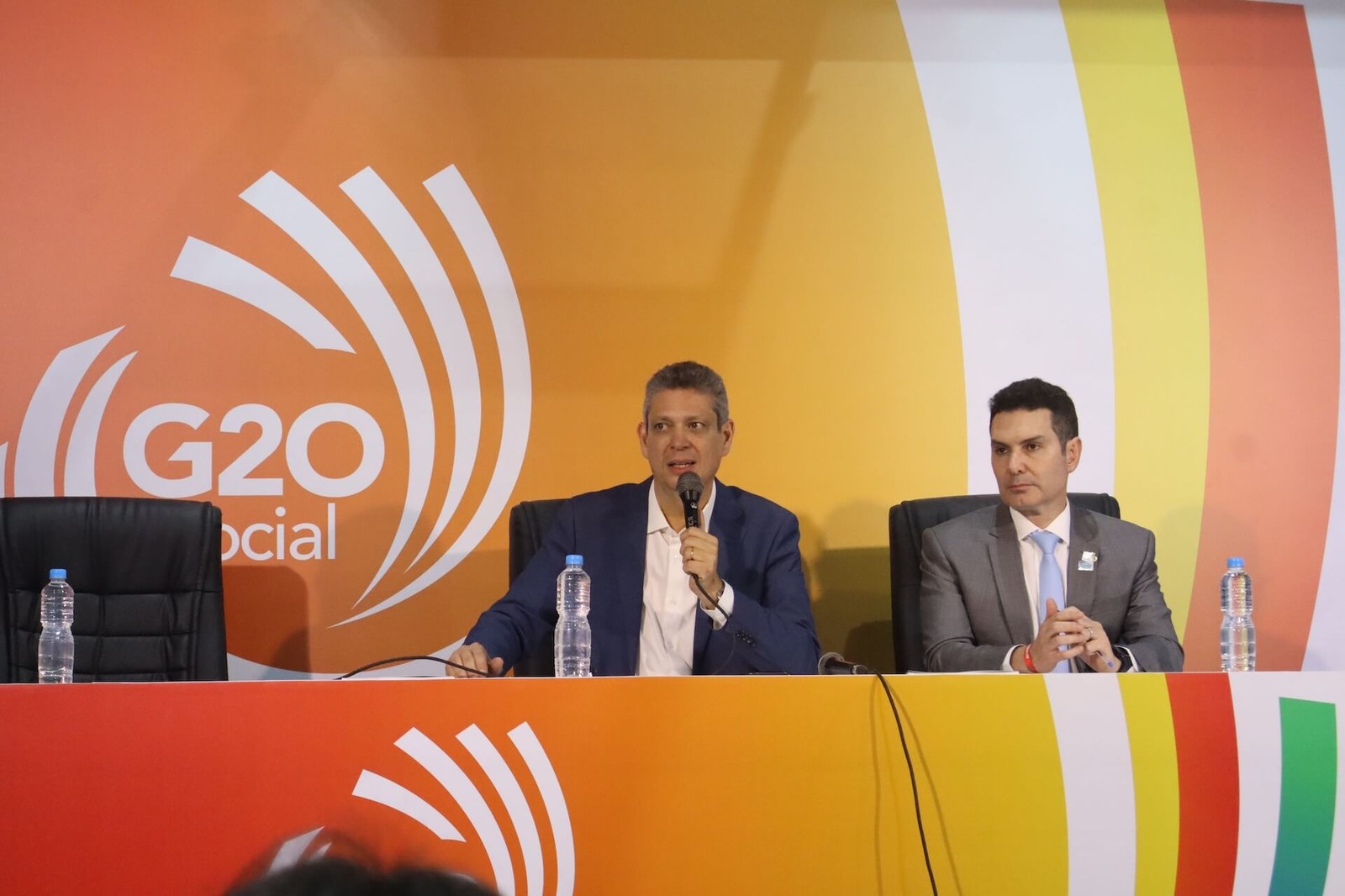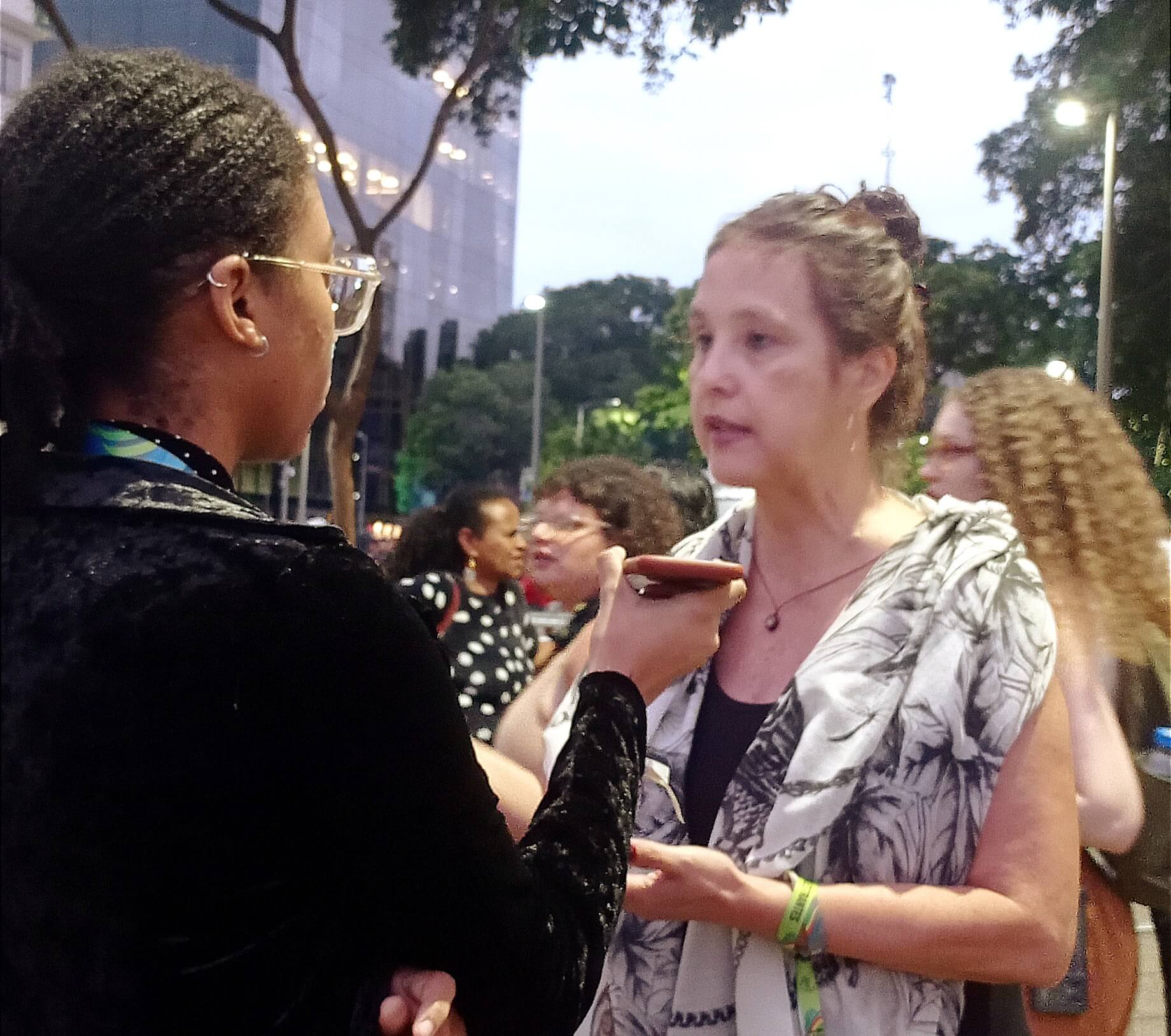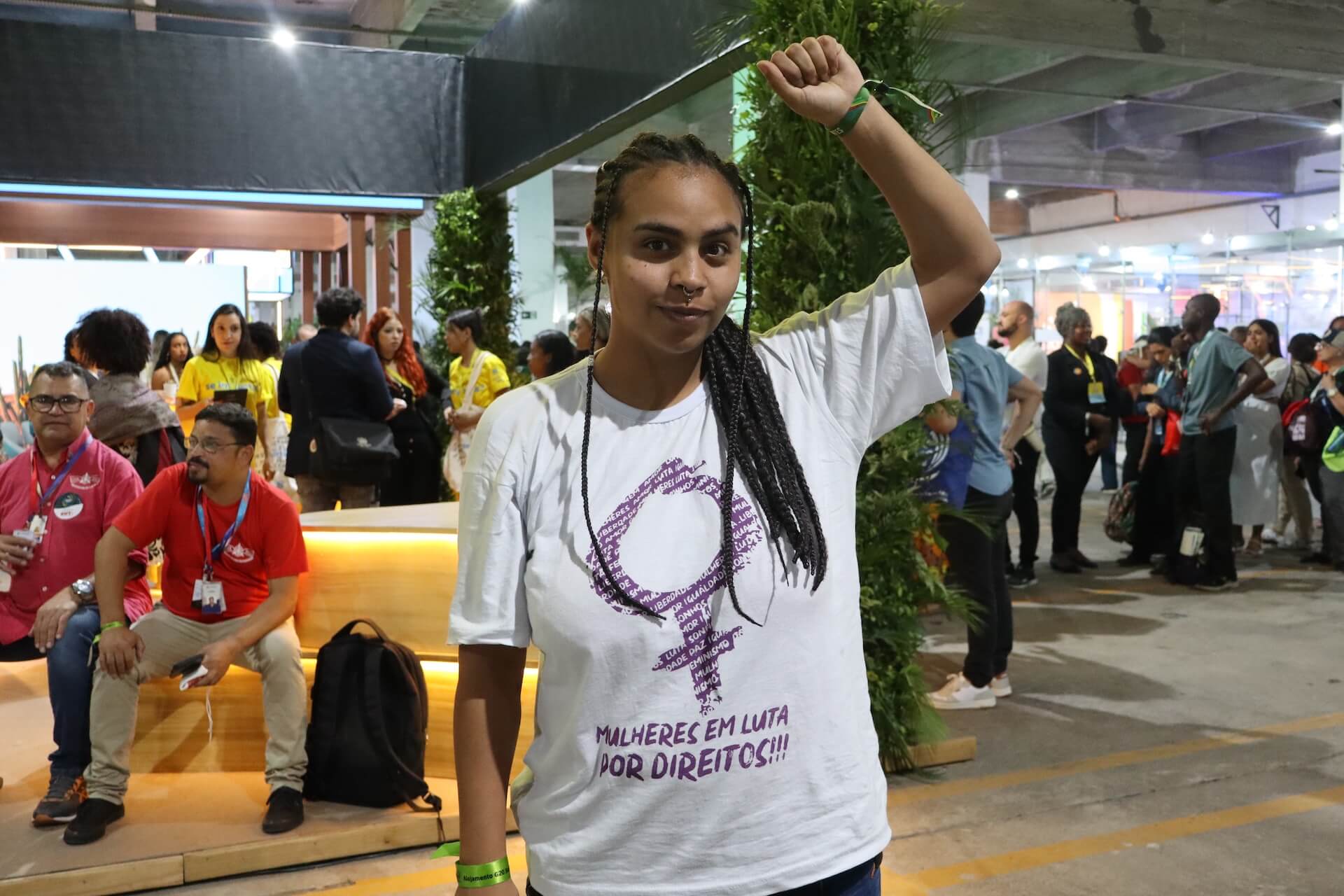G20 Social Declaration calls for taxation of the super-rich and protection of the poorest
The document is a result from the work of 13 engagement groups and the collaboration of social movements, trade unions, and civil society organizations; among the main themes are the fight against hunger and poverty, sustainability, and a just energy transition.

The final declaration of the G20 Social, presented on Saturday to President Lula, defended the taxation of the super-rich and demanded that governments commit to tackling climate change – in addition to concrete actions to protect the most vulnerable populations from extreme events. The document brings together proposals from civil society entities and will be taken to the world leaders' summit on November 18 and 19.

“None of this would be possible without the input of all of you that are here today. Brasil's presidency would not have advanced in the priorities it chose if it were not for the decisive participation of G20 social organizations and movements,” said Lula upon receiving the document.
The proposals are the result of discussions held in working groups throughout the year. The themes included sustainability, climate change, just transition, global governance reform, and fighting hunger, poverty, and inequality. The G20 Social took place on November 14, 15, and 16 in Praça Mauá, downtown Rio de Janeiro. Today, at the end of the event, Minister Márcio Macedo, who coordinated the G20 Social, presented the document to President Lula.
The declaration was written by social movements, trade unions, and civil society organizations to effectively promote the population's participation. The idea is that the groups directly affected by the leaders' decisions can take part in the consensus process. One of the most debated topics was the construction of a collective agenda and the adhesion of all countries to the initiative launched by Brasil's presidency: the Global Alliance Against Hunger and Poverty.
Ana Tojal, a participant in the G20 Social and a member of the National Federation of Trade Unions of Workers in Health, Labor, Social Security, and Social Assistance (FENASPS), followed the debates in the groups and the production of the document. A resident of Maceió, she recalled what has been happening in the capital of Alagoas and demanded measures. “Five neighborhoods were submerged due to the Braskem case, now known as the largest urban environmental tragedy in the country. The people who lived there had to relocate, and it’s not just a material loss, but also an emotional one, involving the loss of their community ties and affections.”

Another highlight was the global governance reform, to enable a better connection between public policies and contemporary realities and also include the Global South in decision-making processes.
At the G20 Social, the movements carried out so-called self-managed activities to foster debates and proposals to be presented to the federal government. Regina Jerônimo, a communicator for the Movement of Workers for Rights (MTD), participated in an activity with her movement to discuss alternative approaches for combating climate crises through women’s leadership.
Regina, a participant in the MTD from Rio Grande do Sul, presented the proposal for ‘pontos populares de trabalho’ (social work spaces), collectives that focus on building and cleaning homes and operating solidarity kitchens for families affected by flooding. This MTD project was approved by law in Rio Grande do Sul. “Our goal here is to open the government's eyes to this very important alternative, a popular alternative. And also seek support for our activities, to defend the importance of our work,” she said.
By Letícia Santana and Maria Eduarda Galdino. Content originally published by the Scientific News Agency of the Rio de Janeiro State University (Agenc)
*Translated by PGET-UFSC